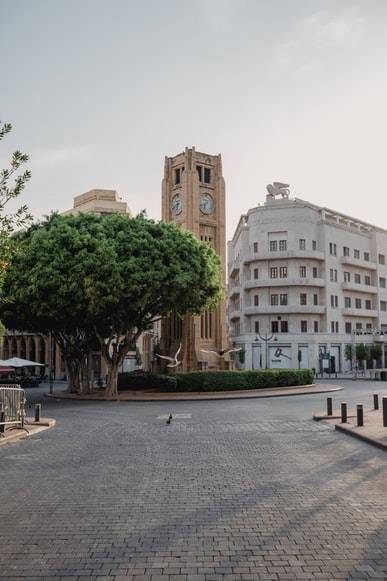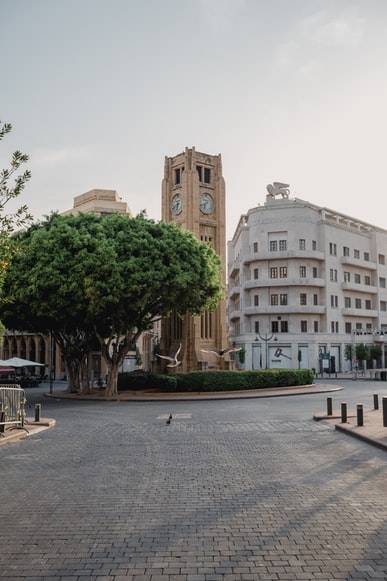The electronic newspaper "Anbaa" reports: International efforts have intensified regarding Lebanon. While a U.S. Treasury delegation concluded its visit to Beirut, a delegation from the International Monetary Fund (IMF) continued its discussions with Lebanese officials to resume negotiations aimed at rescuing the country from its collapse and implementing a recovery plan.
Not far from the Ukrainian war context, U.S. communications with official circles led Lebanon to vote in favor of the UN condemnation of the war. Notably, Progressive Socialist Party leader Walid Jumblatt sent a message to the Ukrainian ambassador in Lebanon denouncing the war and emphasizing a diplomatic solution. Amidst this, Jumblatt tweeted that "there isn't a uniform standard or values from the historically colonial and expansionist West, and international institutions are a grand lie. There is no value in the International Court or any other institutions." He questioned, "When will sanctions be placed on Israel, which occupies Palestine, as swiftly as they are being imposed on Russia? This is a policy of axes amid global racial discrimination."
Amid international developments and their local implications, efforts are focused on responding to the IMF delegation's observations. According to accompanying sources, the government's communications still need to accelerate to achieve practical results, given the precise economic situation in the country, and to inform the Lebanese that any delays will not be in their interest. The sources pointed out through "Anbaa" that a comprehensive economic plan and joint cooperation from the government and Parliament are required at this stage to approve the necessary reform laws.
Additionally, government sources informed "Anbaa" about "positive atmospheres surrounding the communications being conducted by Prime Minister Najib Mikati with most parties, particularly with Presidents Michel Aoun and Nabih Berri, to overcome all obstacles hindering the required reforms." The sources quoted Mikati expressing his "efforts to create a comfortable atmosphere in the country that would help obtain the essential assistance from the Fund," hoping to achieve this important aspect of reforms before the Fund's delegation returns to Lebanon in the latter half of this month.
In this context, the IMF places significant attention on the formulation of the public budget, which parliamentary sources have ruled out being approved before the parliamentary elections "because the duration for its review in committees might take longer, and it is challenging to convert it and request deputies to discuss it while they are intensely preparing for the elections."
On another front, a Cabinet meeting is scheduled for tomorrow, Friday, in Baabda, with over 20 items on its agenda, including the topic of the megacenter, the postponement of municipal and voluntary elections, renewable energy production laws, the national defense law related to the military academy’s system, organizing public-private partnerships, and laws regarding international issues and financial and local matters.
Government sources anticipate considerable contention over the law regarding the megacenter, which President Aoun and his ministerial team are insisting upon, as it requires amending Article 85 of the election law linked to determining polling centers and substituting it with Article 124 of the same law, which allows the Interior Minister to propose to the Cabinet specifics for applying the law, similar to what occurred during expatriate voting.
The sources expressed concern that raising this law at this time, amid disputes over it, could create excuses to delay elections, asserting that there would be clear opposition at the Cabinet table from a significant bloc against this proposal, not in terms of its form as a reform demand but concerning the timing of its proposal and its risks on the electoral process.




